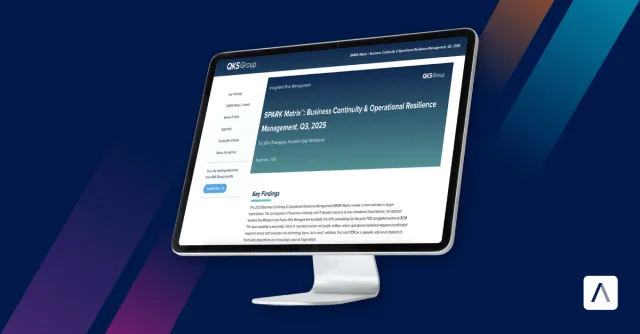Why Your Local Government Needs a Continuity of Operations Plan (COOP)
In an era marked by dynamic threats and challenges, maintaining an updated continuity plan is not just advisable – it's imperative. This guide delves into the essential components of a continuity plan, shedding light on why local governments must prioritize and regularly update these plans. It underscores the critical need to safeguard essential services, ensure public safety, and uphold public trust. By grasping these key factors, local governments can craft and uphold robust continuity plans that bolster resilience and facilitate effective response in times of crises, whether they involve catastrophic weather events, cyberattacks, social unrest, public health crises, or other disruptive occurrences.
What You'll Learn:
- The essential elements of a continuity plan and their significance in maintaining operational continuity and resilience
- The primary reasons why local governments must prioritize and regularly update continuity plans
- The role of technology in implementing a comprehensive continuity planning program
- How to identify and protect essential functions and services in the face of disruptions
- The importance of delineating roles and responsibilities of key personnel during emergencies
- Strategies for assessing and mitigating risks and threats to the organization
- Communication protocols and technologies to be used during disruptions
- Arrangements for alternate facilities and management of essential records and data
Why Download?
Local governments play a pivotal role in safeguarding communities, making continuity planning a critical undertaking. By downloading this guide, local government officials and stakeholders will gain invaluable insights into continuity planning, enabling them to strengthen resilience and ensure the rapid restoration of essential functions and services following disruptions. Don't wait until a crisis strikes – equip yourself with the knowledge and tools needed to safeguard your community's well-being and continuity.


